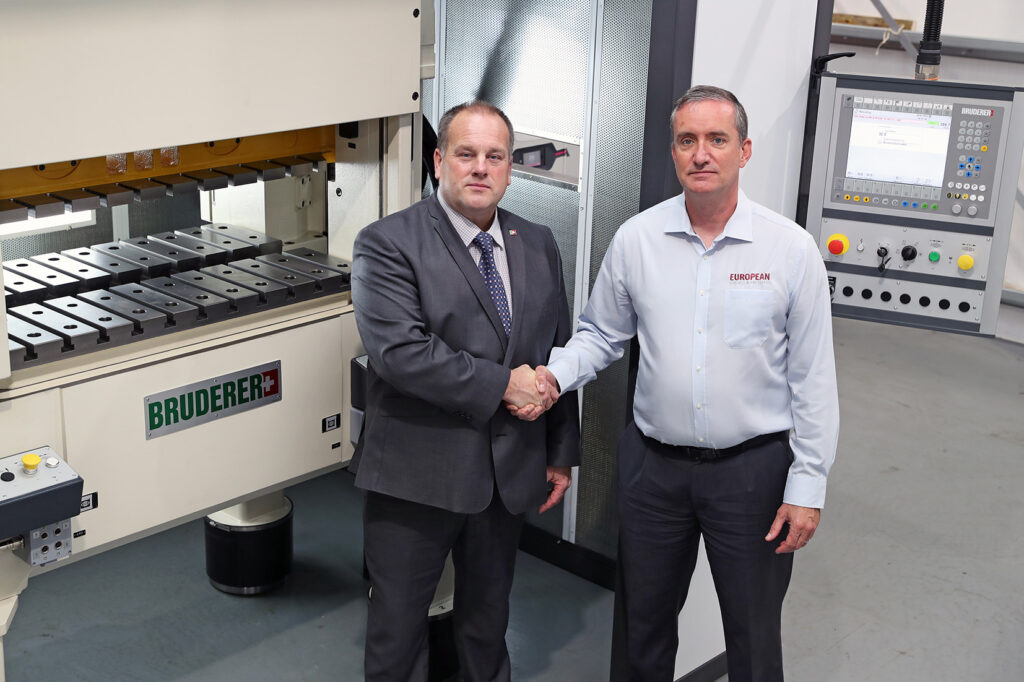The emergence of smart factories, machine learning and connectivity, has added a new dimension to manufacturing facilities worldwide. Throughout the covid-19 pandemic, “Smart Factory” has quickly adapted from an initial concept to mainstream manufacturing.
WHAT IS A SMART FACTORY?
Smart Factories are the driving force of digitalisation in modern-day manufacturing. A Smart Factory can refer to a digitalised shop or facility that operates by connected machines, production systems and devices. You can use the data collected by these intelligent and automated machines to create reports on areas for improvements, ongoing issues and being proactive to live demands.
A combination of technologies connects Smart Factories, including Big Data Analytics, Cloud Computing, AI (Artificial Intelligence), and Industrial IoT (Internet of Things). Each plays a part in combining physical and digital tasks so that the Smart Factory process can oversee and fully integrate every system to streamline performance and operations.
Industrial IoT – Connected machines, processes, or devices linked through data communication, allowing data to be exchanged by people and machines.
Sensors – Built into machines to collect unique data at the various stages of the manufacturing process. Sensors are beneficial for offering live visibility.
Cloud Computing – The processing, storage and sharing of data. Cloud computing gives a cost-effective and flexible solution that allows you to focus on key metrics and solve ongoing issues.
Big Data – Collecting data over time gives you insight into the bigger picture of processes and key metrics. In particular, Big Data helps identify recurring errors.
NEW BRUDERER PRESS INVESTMENT
Continuing our investments in manufacturing over the years, the British Lesjöfors company European Springs & Pressings recently installed a BSTA 410-110B2 and high precision servo feeder to help increase the press shop capacity.
This automated press and tool monitoring technology gives production speeds of up to 1 600 strokes per minute and a fully adjustable stroke between 16 and 47 mm. The high-speed press is an ideal addition to the facility and is used for almost every manufactured pressing.
Stuart McSheehy, Managing Director of European Springs & Pressings, comments:
“Our relationship with Bruderer UK goes back more than 15 years, and this will be the third new machine we’ve taken from Adrian Haller and his team. The Swiss stamping technology is the best in the world when it comes to precision, achieving tolerances and delivering flexibility, and this new BSTA 410-110B2 will be the real jewel in the crown of our new press shop.”
STREAMLINING PROCESSES
The investment in automated machinery has undoubtedly streamlined processes and allowed the company to remain fully operational throughout the covid-19 pandemic. Installing this new equipment in the press shop is critical to the expansion and long-term investment in the latest machinery and technology.
Moreover, European Springs & Pressings are in the final stages of a bespoke £700,000 project involving the construction of a 6000 sq ft press shop. It will deliver approximately 20% efficiency gains, along with a more streamlined production process.


